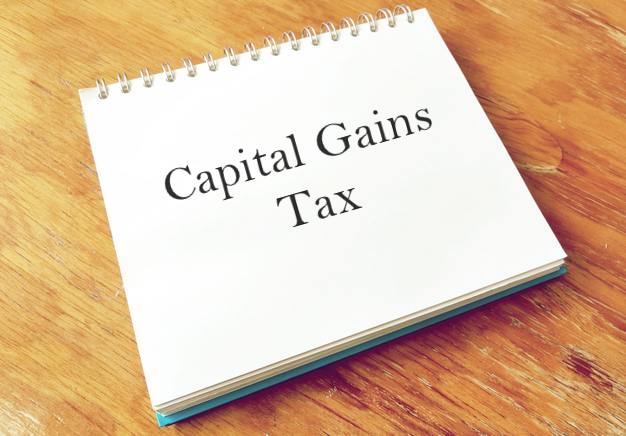Real estate basics: What is Long Term Capital Gain?
January 2020
What is a ‘capital gain’ when it comes to real estate and what are the tax implications of long-term capital gains for a property owner? We explain
Capital gain refers to the profit that one earns through the sale of a capital asset, such as real estate, or even stocks or bonds. It is the difference between the selling price of the property and its purchase price. Depending on the period for which the property was held, the capital gain can be either a long-term capital gain or a short-term capital gain.
The gains arising from the sale of a property that has been held by the assessee for more than a specified period of time, is termed as long-term capital gains (LTCG). In the Union Budget 2017-18, the finance minister proposed to reduce the tenure for LTCG from three years to two years. With this, any immovable property that is transferred after April 1, 2017, will be treated as long-term, if it has been held for more than 24 months. This move is expected to be especially beneficial to property investors, who are looking for a quick exit option to switch their investments or to book profits.
How is long-term capital gains computed?
Like any other asset, real estate has become a powerful investment tool for those who want to buy and sell, with the aim of gaining from a property’s capital appreciation. To calculate the LTCG, from the sale price of the property, one must deduct the cost of acquisition, the money spent on improving the property (both adjusted for inflation, called ‘indexation’) and the transfer cost. This calculation can be represented by the formula below:
Long-term capital gain = Sale price – (indexed cost of acquisition + indexed cost of improvement + cost of transfer)
Indexed cost = Cost incurred x (CII of year of transfer / CII of year of acquisition or expenditure)
Where CII is the Cost Inflation Index specified by the Income Tax Department.
Tax on long-term capital gains
Any immovable property held for more than two years, is treated as long-term and the profit on such sale is taxed at 20 per cent, plus cess and surcharge. However, a taxpayer can claim exemption from long-term capital gains tax, under certain conditions:
- Section 54 exempts LTCG tax, arising on the sale of a residential house, if the indexed capital gains are invested in the purchase or construction of another residential house, within the specified period.
- Section 54F exempts LTCG tax, arising on the sale of any asset other than a residential house, if the net sale consideration is invested for the purchase/construction of a house, within a specified time period and subject to fulfilment of certain other conditions.
- Section 54EC allows an exemption of up to Rs 50 lakhs from LTCG tax, if the indexed capital gains are invested in government-notified bonds, within six months.
With respect to investing capital gains in the purchase of a new house, if, till the date of filing one’s income tax return, the gains are not utilised to purchase or construct another house, then, one must deposit the unutilised amount in a Capital Gains Deposit Account in any public sector bank. The new house can be purchased or constructed, by withdrawing the amount from this account, within the specified time limit.
Also read: A guide to creating wealth with Residential Real Estate Investment
Back to All Thane Real Estate Resources, Thane Property News and Articles
Share This:
To Know More about Thane real estate projects Blog - A guide to creating wealth with residential real estate investment, Visit CREDAI MCHI Thane Unit
Source: www.housing.com


